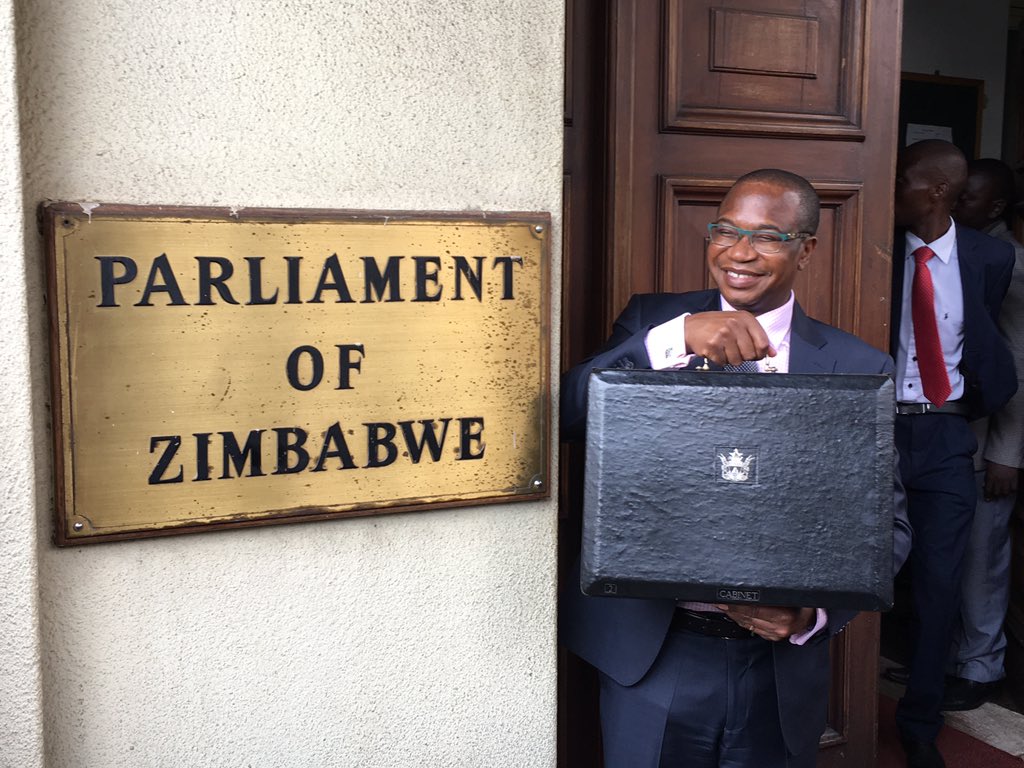by Mapozho Saruchera
There were recent media reports to the effect that confusion ensued at Zimbabwe’s ports of entry, as luxury vehicle importers refused to pay excise duty in foreign currency in line with the new regulations announced by the Minister of Finance and Economic Development, Professor Mthuli Ncube in the 2019 National Budget Statement.
In the same breath, some Zimbabweans went on social media to vent their anger against the new regulations which are meant to redirect the scarce foreign currency to productive sectors of the economy – I was indifferent. In my own opinion, this was the cherry on top of the 2019 National Budget and the noise against it was only an indication of how successful it had already been.
Why would anyone challenge such a noble idea, if one may ask? Logic dictates that people with free funds to import cars for resale, surely must have some more to pay duty in foreign currency so that our government can facilitate the importation of fuel for the said cars.
Zimbabweans are quick to judge or blame Government for any mess they, most of the time, help create but cry like babies when the chickens come home to roost. Some even asked that, if the US dollar and the Bond Note were at par, as the Government says, why was the latter now asking for excise duty in foreign currency?
Before I answer that, allow me to digress a little – the Bond note was meant to stimulate exports and also had the potential to enhance our economy’s liquidity. A certain percentage of foreign currency realized from exports and retained by the Reserve Bank of Zimbabwe (RBZ) in exchange for Bond Notes that were then credited to an exporter’s account was (together with other monies sourced by Government) supposed to cater for the importation of essential goods until our industries were in a position to manufacture same.
However, some unscrupulous business people misdirected the foreign currency allocations from the RBZ to speculative activities, thereby creating shortages of essential goods and a thriving black market for same. Thus, those entrusted with importing essential goods for the country began to sale the allocated foreign currency at a premium to anyone who needed to import trinkets like luxurious cars and sometimes the essential commodities they were supposed to have been imported in the first place.
The point is the Bond Note and other currencies could have operated side by side had it not been for the economic malpractices by Zimbabweans who ended up devaluing the Bond Note on the parallel market so as to earn money without actually putting in any work.
This brings us back to the question, why Government is now charging excise duty in foreign currency – simple! Because no well-balanced Government can continue to prop up people with self-destructive leanings to the extent of spending monies meant for, say, live saving drugs on trinkets.
When the country dollarized, I thought to myself – this was an opportune time for individuals to start small businesses and for big business to retool, taking advantage of the firmness of the US dollar against currencies of our trading partners in Southern African. Had that happened, a significant number of the goods we import as a country today could, by now, having been manufactured locally – something the Government has stepped in to correct. Instead, Zimbabweans opted to use the foreign currency to import pre-owned cars – a business that does not generate foreign currency, but instead continuously bleeds the economy of the scarce resource.
The people must thank the Government for coming to our aid by implementing austerity measures that are surely going to tame our insatiable appetite for spending scarce foreign currency on not so useful commodities while at the same time we are not engaged in activities that generate same.




